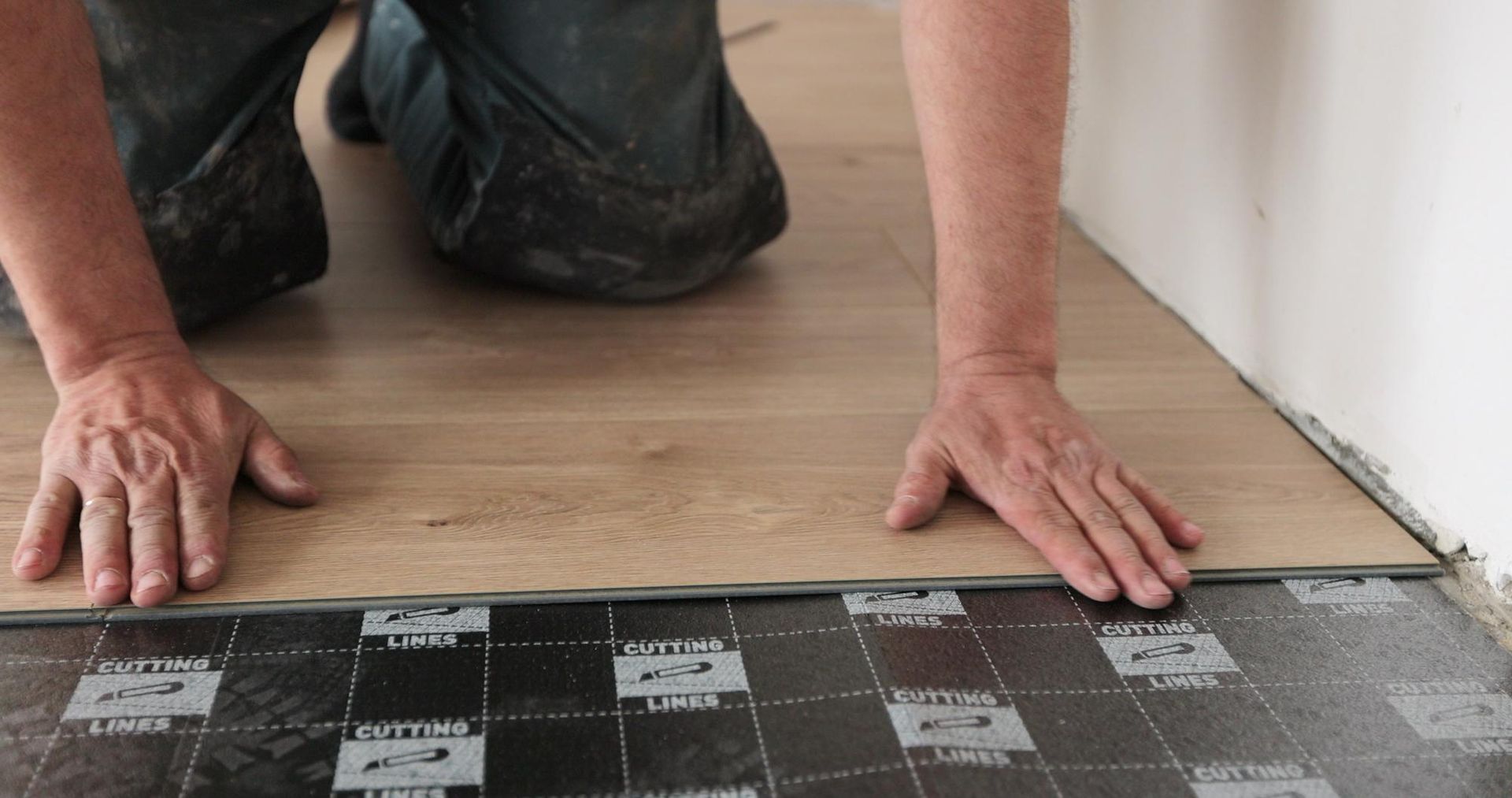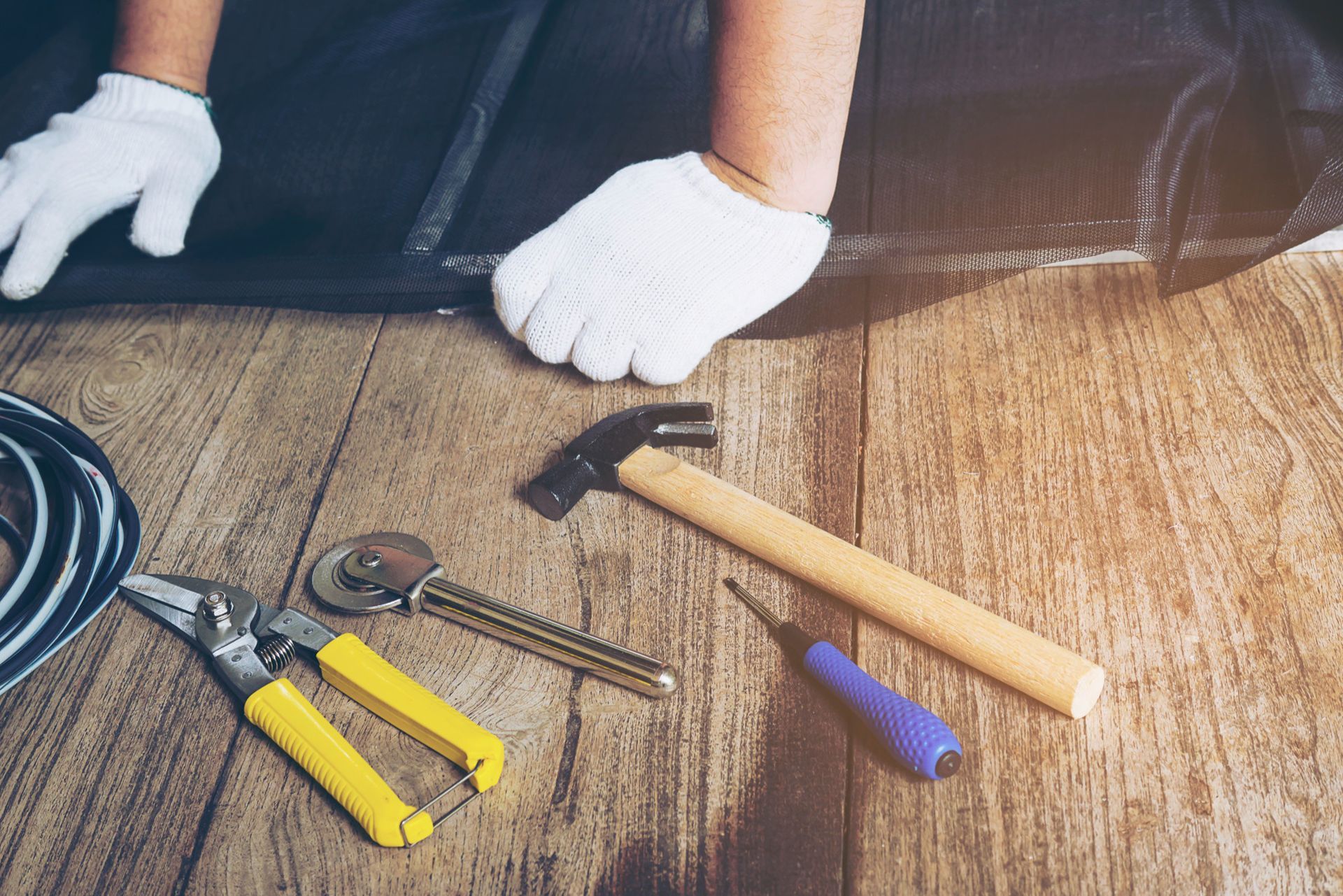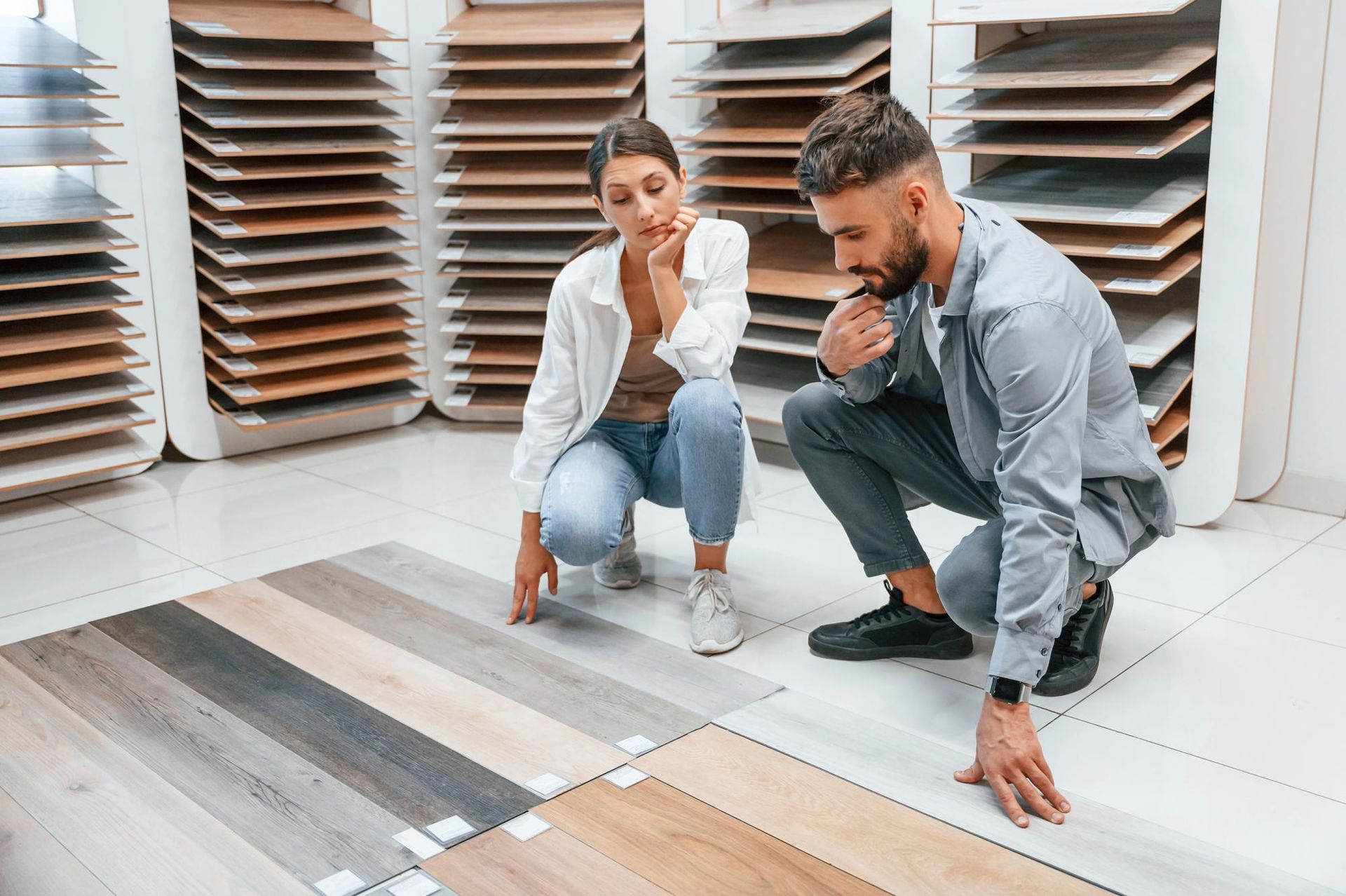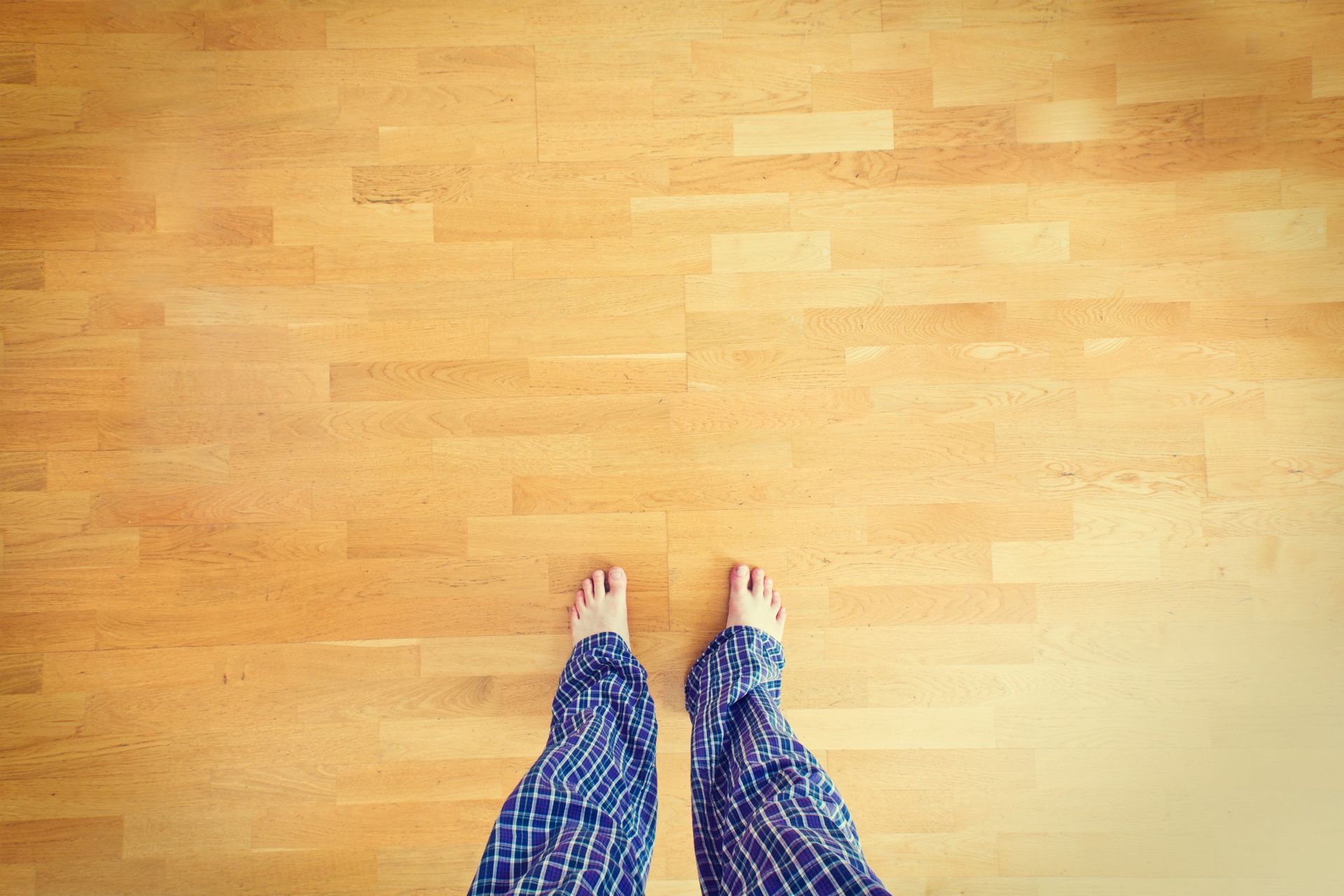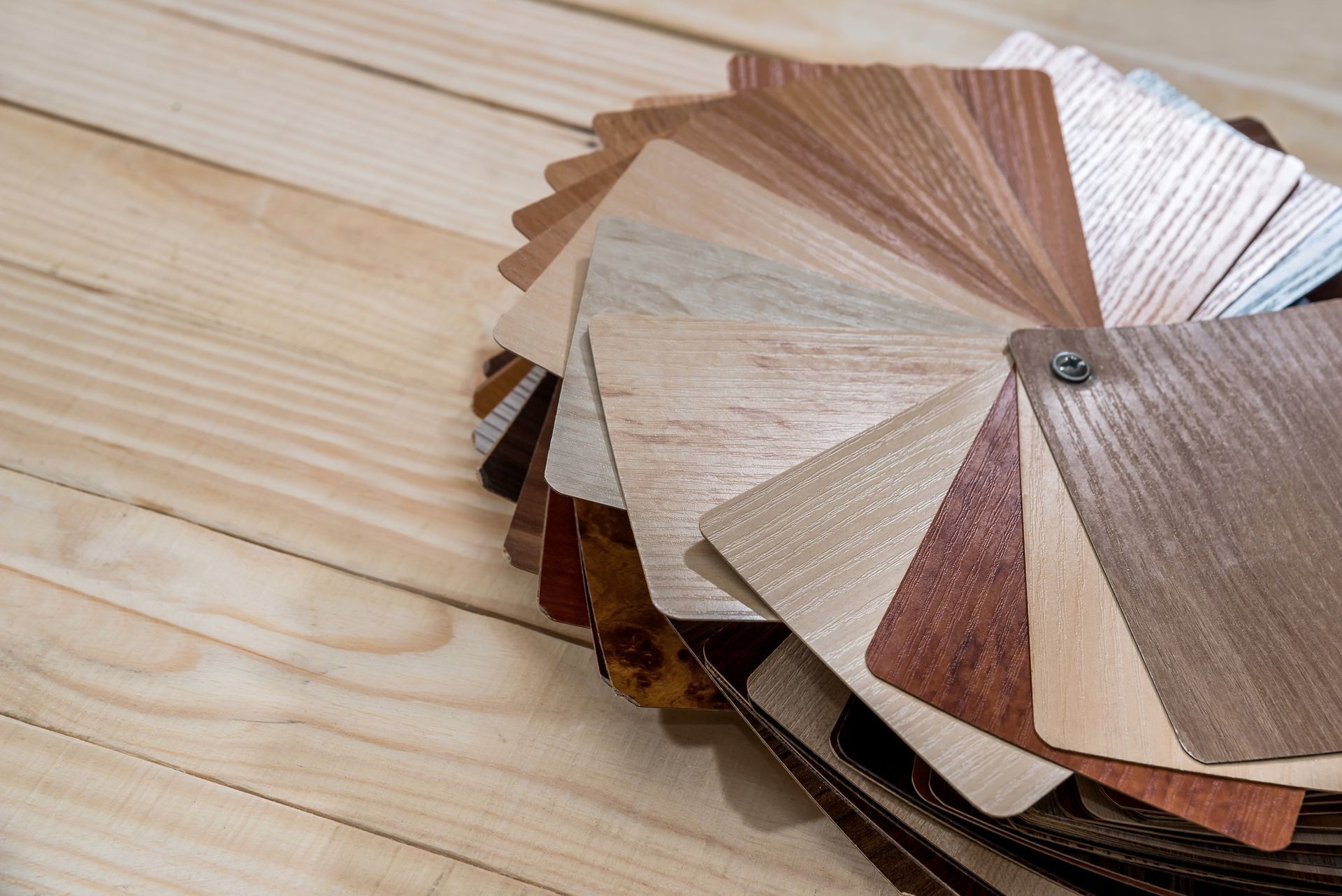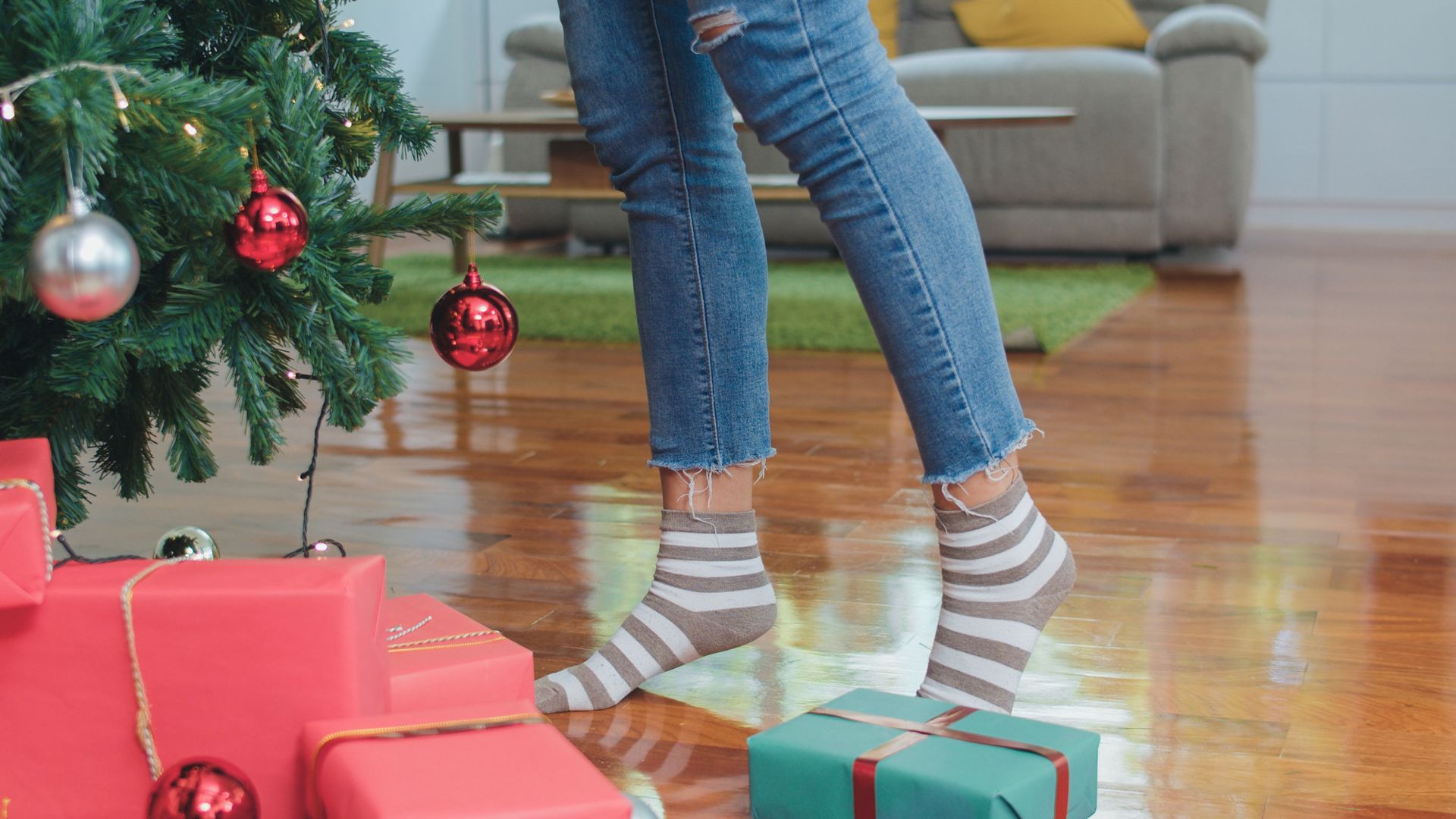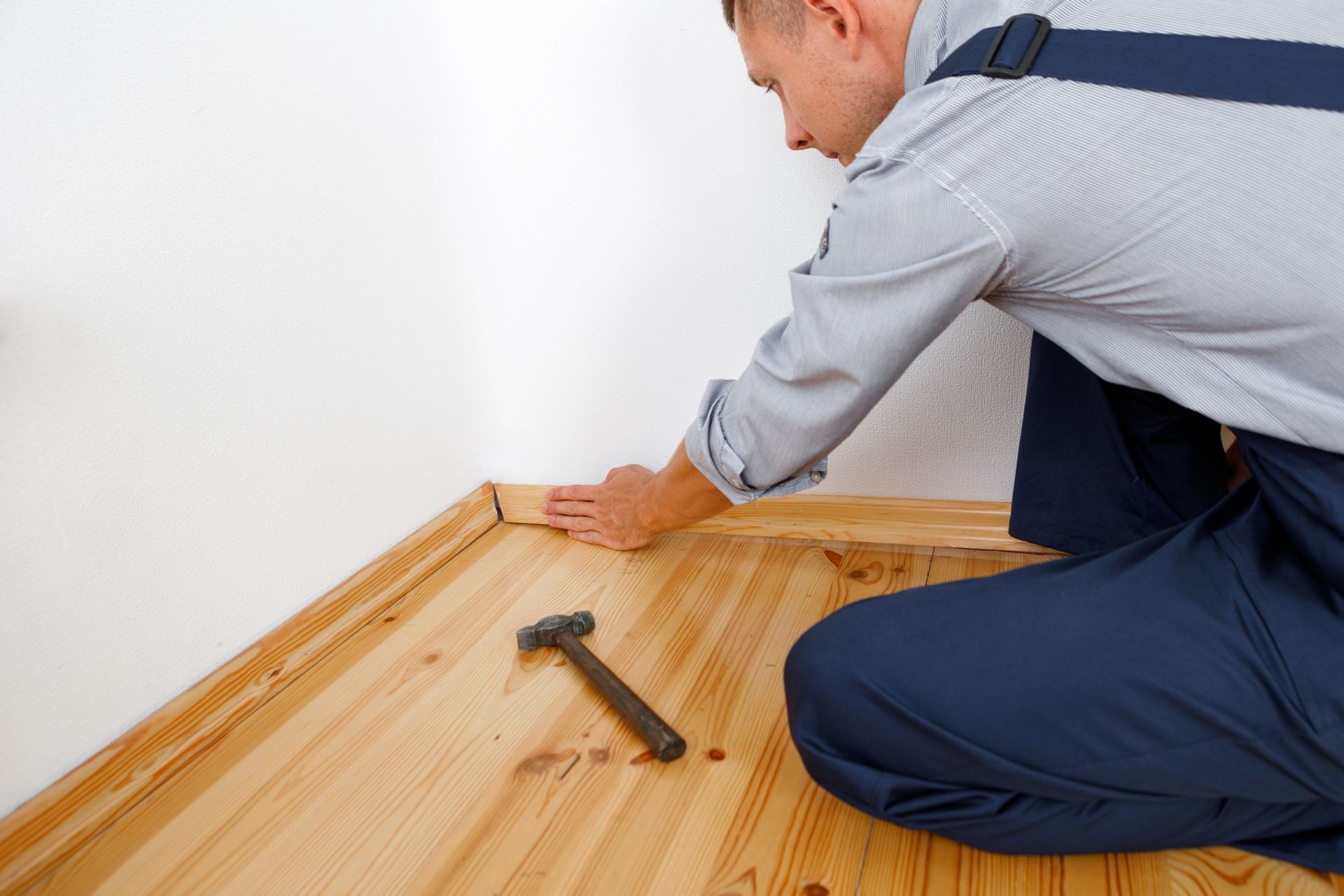GET A FREE QUOTE TODAY - CALL US (727) 518-9122
Do Hardwood Floors Really Last a Lifetime? Let's Discuss
The quintessential charm of hardwood flooring has withstood the test of time and trend. Homeowners are consistently lured by its natural beauty, warmth, and longevity. But, does this long-lasting allure translate into an actual lifetime of use? The answer, like many things in life, depends on a variety of factors. Let's delve into this topic and provide some clarity.
Understanding Hardwood Flooring
To first comprehend the lifespan of hardwood flooring, we need to understand its nature. Hardwood flooring is made from dense and durable wood species like oak, maple, or hickory, and with proper care, these can indeed last a lifetime – often upwards of 100 years.
Unlike carpet or vinyl that eventually wear out, hardwood floors wear down, growing more characterful and inviting with age. However, it's the treatment, maintenance, and type of wood that play crucial roles in determining its actual lifespan.
The Role of Wood Species
The installation process is a key determinant in how long your hardwood floors will last. From the method used to the expertise of the installer, each step plays a crucial role in your floor's longevity. Professional installation by a seasoned expert is always advisable. Although hardwood flooring installation may seem like a perfect DIY project, incorrect installation can lead to problems down the line that can significantly reduce the lifespan of the floors.
- Installation Methods
There are several methods for installing hardwood floors, and the choice between them can impact your floor's durability. Nail-down or staple-down methods are traditional techniques generally used for solid hardwood floors. These methods create a very secure and stable floor that can handle heavy foot traffic and stand up to the test of time.
Glue-down methods, often used for engineered hardwood, create a highly stable floor and work well for concrete subfloors. Floating installations, where the floor isn't attached to the subfloor but rather the planks are attached to each other, also work well for engineered hardwood. While still durable, floating floors might not feel as solid underfoot as floors installed with other methods.
- Professional Installation
Professional installation by an experienced flooring contractor can significantly extend the lifespan of your floors. An expert installer will ensure that the subfloor is adequately prepared, which can include cleaning, leveling, and moisture-proofing.
They'll also allow for an acclimation period, during which the hardwood planks adjust to the climate of your home, minimizing future issues with contraction or expansion. Moreover, a professional will be able to properly handle and mitigate any unforeseen issues that might arise during the installation process.
- Post-Installation Care
Once the hardwood floors are installed, it's crucial to maintain them properly right from the start. Wait at least 48 hours before moving furniture onto new hardwood floors. When you do move furniture, lift it rather than dragging it to avoid scratching the new surface.
In the first few weeks after installation, the finish on your hardwood floors will still be curing, so it's especially important to avoid any spills or high-impact activities on the floor during this time.
In conclusion, it's not just the type and quality of your hardwood that determines how long it will last, but also the way it's installed. Correct and careful installation can significantly increase the lifespan of your hardwood floors, making it a wise investment to hire a professional and maintain your floors properly from the get-go.
Maintenance is Key
When it comes to hardwood floors, adopting a regular maintenance routine can significantly prolong their life. In fact, the best offense in the longevity game is a good defense. Proper maintenance doesn't just keep your floors looking their best; it also mitigates damage, reducing the frequency of costly repairs and refinishing.
- Daily and Weekly Cleaning
The cornerstone of hardwood floor maintenance is regular cleaning. This routine should ideally consist of daily sweeping or dust mopping to remove dust, dirt, and other particles. These small particles might seem harmless, but they can act like sandpaper and gradually wear away the floor's finish when tread upon. A vacuum with a hardwood-friendly setting can be used for a deeper weekly cleaning.
Never let spills sit on your hardwood floors for an extended period. Liquid can seep into the seams between planks, damaging both the finish and the wood itself. Wipe up any spills immediately with a dry or slightly damp cloth.
- Preventive Measures
Besides cleaning, there are several proactive measures you can take to keep your floors in top shape. Consider using rugs and mats in high-traffic areas to protect your floors from excessive wear. They can also be beneficial in areas where water is often present, such as in front of sinks or under pet water bowls, to prevent water damage.
Using furniture pads is another essential preventive measure. They reduce the impact of heavy furniture on your floors, prevent scratches, and make it easier to move furniture for cleaning. Additionally, be mindful of the potential damage caused by high heels or pet claws – both can dent or scratch hardwood floors.
- Seasonal Care
Your hardwood floor maintenance routine should also adjust with the seasons. In drier months, using a humidifier can prevent the wood from shrinking and cracking. In more humid periods, a dehumidifier or air conditioner can prevent the wood from expanding and warping. Maintaining indoor humidity between 35% and 55% is generally optimal for hardwood floors.
- Professional Maintenance
While regular cleaning and preventive measures go a long way, occasional professional maintenance can be beneficial. This might include a professional cleaning or a maintenance coat every few years. The maintenance coat involves lightly abrading the floor's finish and then applying a new coat of finish. This process can refresh the look of your floor and extend the time before a more significant refinishing is needed.
In essence, maintaining hardwood floors is an ongoing commitment. However, the time and effort invested in preserving your floors can pay dividends in extending their life, potentially to a century or more. A little bit of care goes a long way in ensuring that your hardwood floors continue to bring warmth and beauty to your home for many generations.
Refinishing: A Fountain of Youth for Hardwood
Refinishing is a unique attribute of hardwood flooring that allows it to outlast most other types of flooring. Over time, the surface of hardwood floors can become scratched, dull, or even damaged. However, instead of needing to replace the entire floor, as with carpet or laminate, hardwood floors can be sanded down and refinished, effectively giving them a brand-new surface.
This process can be done multiple times throughout a floor's life, significantly extending its lifespan. Note, however, that engineered hardwood floors can only be refinished a few times, depending on the thickness of the top veneer.
The Impact of Climate
The climatic conditions where you live can play a significant role in determining the longevity of your hardwood floors. Wood is a hygroscopic material, which means it naturally absorbs and releases moisture from and to its surrounding environment, causing it to expand and contract. This continual cycle can impact the condition of your hardwood floors over time.
Temperature Variations
High temperatures, especially when combined with humidity, can cause hardwood floors to expand. In contrast, colder temperatures can cause them to contract. Over time, these constant shifts may lead to warping, cupping, or gapping in the planks, which can weaken the integrity of the floor and shorten its lifespan.
Areas that experience extreme temperature variations throughout the year could potentially pose a greater risk to hardwood flooring. However, maintaining a consistent indoor temperature can help mitigate this impact, ensuring that your floors stay in the best condition possible.
Humidity Levels
Humidity is the other significant climatic factor affecting hardwood floors. In regions with high humidity, wood absorbs moisture and swells. Conversely, in low humidity conditions, it releases moisture and shrinks. Both situations can lead to problems such as buckling, cracking, and gaps between planks.
Ideally, hardwood flooring thrives in an environment where the humidity level is between 35% and 55%. To manage humidity levels and protect your floors, consider using dehumidifiers in damp conditions or humidifiers in dry conditions.
Seasonal Changes
Certain regions experience significant seasonal changes that can influence the condition of hardwood floors. For instance, areas with a dry winter season often cause hardwood to contract and create gaps. Come summer, the humidity could cause the wood to expand and potentially buckle if there isn't enough room for expansion.
In these conditions, choosing engineered hardwood might be a wise decision. Thanks to its multi-layered construction, it's more dimensionally stable than solid hardwood and handles
humidity and temperature fluctuations better.
Mitigating Climate Impact
To protect your hardwood flooring from climatic elements, it's important to control your indoor climate as much as possible. Utilize your HVAC system effectively to keep your home's temperature and humidity levels consistent. A programmable thermostat and humidistat can help automate this process.
When installing hardwood flooring, ensure an appropriate expansion gap around the perimeter of the room to allow for natural expansion and contraction of the wood. Use proper underlayment that provides a moisture barrier, and consider using a professional installer who understands how to accommodate for climate effects.
The Verdict: Can Hardwood Floors Last a Lifetime?
Given proper care, the right type of wood, and professional installation, the answer is a resounding yes. Hardwood floors can indeed last a lifetime and often become a living testament to a home's history, carrying the imprints of generations.
That said, "a lifetime" for a hardwood floor requires regular maintenance, the occasional touch-up or repair, and possibly several refinishing sessions. It isn't a hands-off proposition, but with a little love and care, your hardwood floors can remain a beautiful and integral part of your home for decades, and yes, even a century or more.
Conclusion
The allure of hardwood flooring extends beyond its aesthetic appeal. It’s an investment in longevity, a commitment to an eco-friendly option, and an endorsement of timeless style. Like any investment, it requires care and attention. So yes, while hardwood floors can last a lifetime, they'll need your help to get there.
Whether you're debating the merits of hardwood flooring or seeking ways to maintain your existing floors, understanding their potential lifespan can help you make informed decisions. And when it comes to the installation or maintenance of these timeless floors, professionals like
Bell's Hardwood Flooring in Largo, FL can make all the difference. They have the expertise and skills to ensure your hardwood floors are installed correctly and maintained properly, thus optimizing their lifespan. You can reach out to them at 727-518-9122 to consult about your hardwood flooring needs.
With their undeniable charm, durability, and potential for longevity, hardwood floors can truly become a lifetime companion for your home, especially when entrusted to the hands of experts like Bell's Hardwood Flooring.
So, the next time someone asks, "Do hardwood floors really last a lifetime?" You'll know the answer: Absolutely, with the right care, a bit of love, and the assistance of
expert service providers.
Quick Links
Hours of Operations
- Mon - Fri
- -
- Saturday
- -
- Sunday
- Closed
All Rights Reserved | Bell’s Hardwood Flooring
